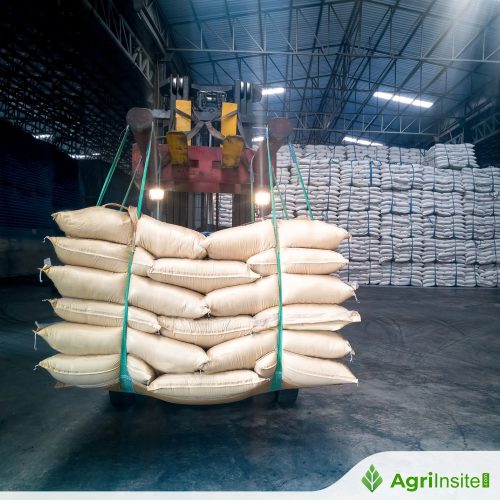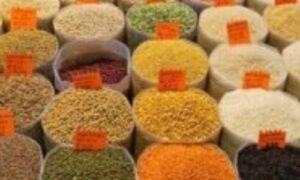South Africa : Government must safeguard local sugar industry from cheap imports

SA Canegrowers has urged Minister Parks Tau to fast-track regulations enabling growers, millers, retailers, and manufacturers to jointly negotiate for sourcing over 90% local sugar. The industry faces threats from US tariffs and cheap, subsidised imports displacing local sugar, risking jobs in Mpumalanga and KwaZulu-Natal.
SA Canegrowers urges Minister Parks Tau to act with urgency to help support the survival of the local sugar industry by finalising the regulations that will allow retailers, food and beverage manufacturers, millers and growers to collectively negotiate about purchasing mainly local sugar.
This appeal for support from the government comes as South Africa’s sugar industry faces a significant threat from the 30% tariffs imposed on sugar exports to the United States, alongside the ongoing challenge of increasing amounts of heavily subsidised foreign sugar flooding into South Africa.
In May, Minister Tau published draft regulations that permit consultations on the procurement of over 90% local sugar between growers, millers, retailers and food and beverage manufacturers, without the talks or agreements breaching provisions of the Competition Act.
This was welcomed by SA Canegrowers at the time.
However, we have since written to Minister Tau to ask him to fast-track the industry consultation process that he had requested. This consultation has yet to be scheduled, months after the public comment period on the draft exemptions has closed.
SA Canegrowers also emphasises that domestic action is also critical to safeguard the industry from cheap sugar imports from countries that heavily subsidise their own sugar industries. The cheaper sugar does not benefit consumers but allows importers to make higher profit margins.
The sugar industry is a national asset. We support local jobs and farming, yet our market is being flooded by cheap, subsidised imports. This displaces local sugar, jeopardising countless jobs and the stability of the rural economies of Mpumalanga and KwaZulu-Natal.
The new US tariff is also a blow to South African growers, making local sugar less competitive in a crucial export market. The US does not grow enough of its own cane sugar and has to import to supplement their domestic demand. Up until earlier this year, the US controlled its sugar imports through a quota system, and South African sugar did not negatively impact US growers.
We urge the government to prioritise negotiations with the US to finalise a mutually beneficial trade deal, which would include a tariff exemption for sugar or a return to the previous US quota mechanism. Higgins Mdluli | SA Canegrowers Chairperson
To Read more about Sugar Industry continue reading Agriinsite.com
Source : IOL
















